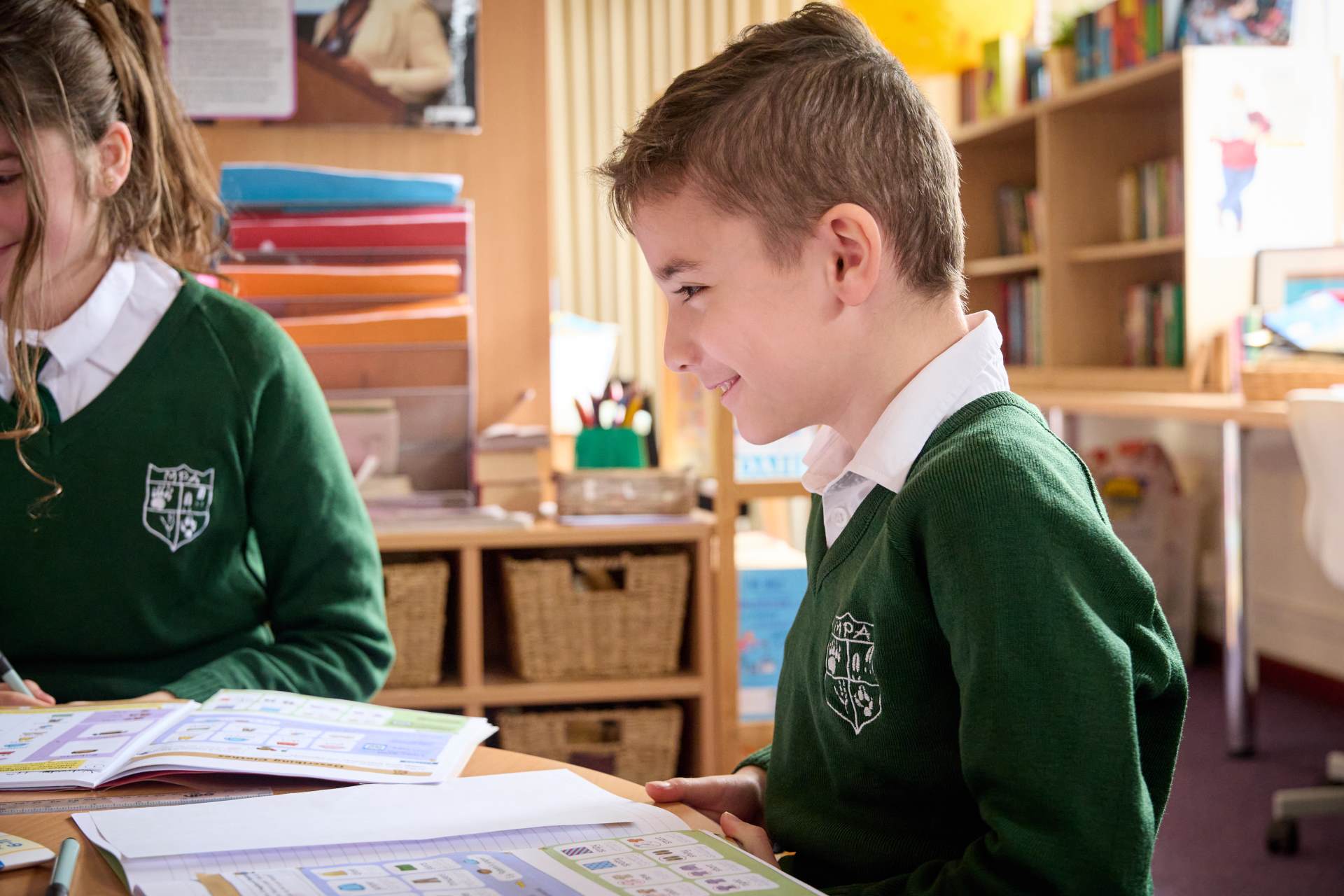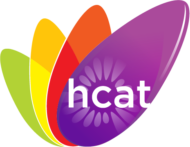Maths
Intent
At Malton Primary Academy, we are committed to ensuring that every child meets their full potential in mathematics. With this as the driving force behind all mathematical teaching and learning, we are currently in the process of adopting a strategy known as teaching for mastery. Teaching for mastery allows all children to work at a level of challenge that perfectly suits their level of understanding, whilst also ensuring that all pupils are motivated to challenge themselves in every lesson.
At Malton, we want all pupils to have a passion for maths and see maths for a tool in everyday life. Children will be confident in their own abilities and have an understanding of maths in the real world. Through the learning activities and tasks provided, we ensure children see maths as fun as well as challenging – children will experience success and develop the ability to reason mathematically. We ensure that children are provided with opportunities to develop their fundamental maths knowledge throughout the school in order for them to build upon this with new knowledge and concepts throughout their maths journey.

Implementation
We ensure coverage of the National Curriculum by using the White Rose Maths small steps. This method of teaching perfectly suits the mastery approach and allows all children to develop fluency in the mathematical concept and then apply this concept to reasoning and problem-solving situations. All children will be given the opportunity to reason and problem solve in every lesson, whether this be as an individual or as a part of a group. Teachers start with the small steps from White Rose to inform their planning of a unit. The progression of small steps allows connections to be made in any gaps in a child’s understanding to be quickly identified and remedied.
Maths is taught daily to enable the achievement of ‘mastery’ over time. The school uses a CPA (concrete, pictorial and abstract) approach throughout each lesson, which encourages children to be able to choose the most suitable resources, strategies and methods in order to represent mathematical concepts and solve problems. Mathematical talk is also a key feature in all lessons, encouraging children to explore mathematical concepts and reason logically.
To boost our times table recall speed, the pupils in KS2 also have access to Times Table Rock Stars. Using this website, the children are challenged to recall as many times tables facts as possible within a set time. We often hold inter-class and inter-school competitions to increase engagement and add another level of excitement for the children.
We go above and beyond the opportunities provided within the White Rose Scheme when developing children’s calculation skills. Once a week children recap their arithmetic skills and complete an arithmetic check in, in which we revisit prior learning from place value, addition, subtraction, multiplication and division. We then use the results of these check ins to inform our two arithmetic lesson starters for the following week, with the aim that all children will be fluent in the formal methods of calculation for their year group (addition, subtraction, multiplication and division).
In EYFS, pupils participate in a daily mathematics lesson using WRM in F2/Reception and Master the Curriculum in F1/Nursery. The children access the input as whole-class and then work in small groups to complete practical activities and one piece of independent work a week. All lessons begin with a fluency check in or counting activity, followed by the teaching of new knowledge. Pupils largely work on their understanding of number in order to develop fluency.
Impact
As a result, we have a community of confident mathematicians, who will experience challenge and success in mathematics by developing a growth mindset and a ‘can-do’ attitude. We invite our children to take risks in mathematics and feel confident applying their skills in the real world.
Teachers carry out formative assessments daily, both through their direct teaching and their marking of the work produced in children’s books. This informs the following session and highlights any misconceptions children may have.
Our maths books show a wide range of activities that show the concrete, pictorial and abstract process whilst developing the children’s fluency, reasoning and problem solving.




